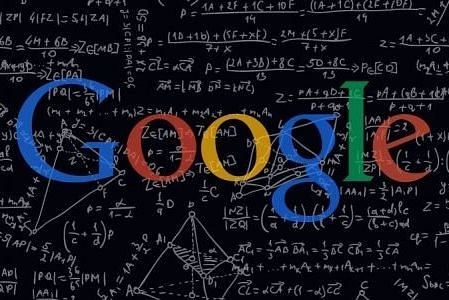
An Achievement That Rocked The Tech World: Google’s Claim Of ‘Quantum Supremacy’ And What It Means
On 20 September, Financial Times reported that Google had claimed to achieve ‘quantum supremacy’. Loosely defined, quantum supremacy means quantum computers being able to solve a problem that couldn’t be solved by the existing classical computers.
As quantum supremacy, a term coined by John Preskill of the California Institute of Technology, is an important milestone that Google and others were hotly competing to achieve first, former’s claim set the tech world ablaze.
How Google achieved it
Google’s quantum computer Sycamore generated a sequence of millions of numbers with its 53-qubits processor. While the sequence appeared random, it conformed to an algorithm generated by Google. A classical supercomputer checked some of these values and they were correct.
Google claimed Sycamore had achieved ‘quantum supremacy’ because it reportedly performed the task in 200 seconds that would have taken a supercomputer (a classical computer as opposed to quantum) 10,000 years to complete.
Difference between quantum and classical computers
To start with, quantum computers are based on principles of quantum mechanics that operate at the quantum (atomic and subatomic) level while classical computers are based on principles of classical mechanics which are applicable at at ordinary (macroscopic) scale.
Actually, quantum mechanics applies at all scales and classical mechanics is just an approximation of quantum principles for larger objects.
At the atomic level, objects show characteristics of both particles and waves (as opposed to particle only in classical mechanics). The energy, momentum, angular momentum and other quantities of a bound system are restricted to discrete values (quantisation) in quantum world as opposed to being continuous in the classical realm. Also, the uncertainty principle applies and there are limits to the precision with which quantities can be measured.
While classical computers require the data to be encoded in binary digits (0 and 1), quantum computing is analog and uses quantum bits or ‘qubits’ which can be in an infinite number of superposition of states. Qubits can represent both 0 and 1 at the same time. By stringing together qubits, the number of states they could represent rises exponentially.
This allows quantum computers to store, process and transfer large amounts of data at a faster speed and makes it possible to solve problems which aren't practically feasible on classical computers.
Another property of quantum particles - entanglement - or what Einstein called ‘spooky action at a distance’ means that if the property of one particle is known, the other entangled particle’s properties can be known easily.
Cybersecurity
The enhanced speed and efficiency of Quantum computing doesn’t just have implications for data operations but also communication security.
Currently, communication security is based on encryption, wherein an encryption algorithm – a cipher – is used to generate a ciphertext that can be read only if decrypted.
Without the key, decryption is practically impossible as considerable computational resources and skills are required to do so. However, with quantum computers, these operations can be easily performed.
Quantum communication security, on the other hand, is bulletproofed by the ‘observer effect’- observing/measuring an object changes its quantum state. Due to observer effect, an attempt to intercept a quantum key (a pair of entangled particles) will reduce it to junk data.
Researchers have also found evidence of three - photon entanglement. This may lead to securing many communications simultaneously, in short, a ‘quantum internet’.
What the future holds
Despite the high capability of quantum computers, one need not worry about the security of banking systems. Current encryption standards would require hundreds of logical qubits working together.
This in turn requires millions of qubits to be working in tandem of which Google’s Sycamore had just fifty-three, and D-Wave Systems, leading manufacturer of quantum computers, will commercially launch for the first time a 5000-qubit system by 2020.
Therefore, it is still a long road before banks face threat from quantum computing. In fact, they may be the first ones to move on to quantum security realm as and when it appears.
Quantum computers do not mean that supercomputers are out of the window. Former have their own unique propensity to errors and are not as amenable to solving real-world problems as the latter. Quantum computers cannot just solve any problem thrown at them.
While the task Google’s Sycamore performed has little practical application, it has inspired confidence that quantum computers can be able to perform real-world tasks. This will certainly invite more interest and investments in improving and customising the quantum computers to solve real-world problems.
The future may also see more technological developments in classical computers that allow them to execute the same task faster. Seems like it is going to be neck and neck for a while before a clear winner emerges.